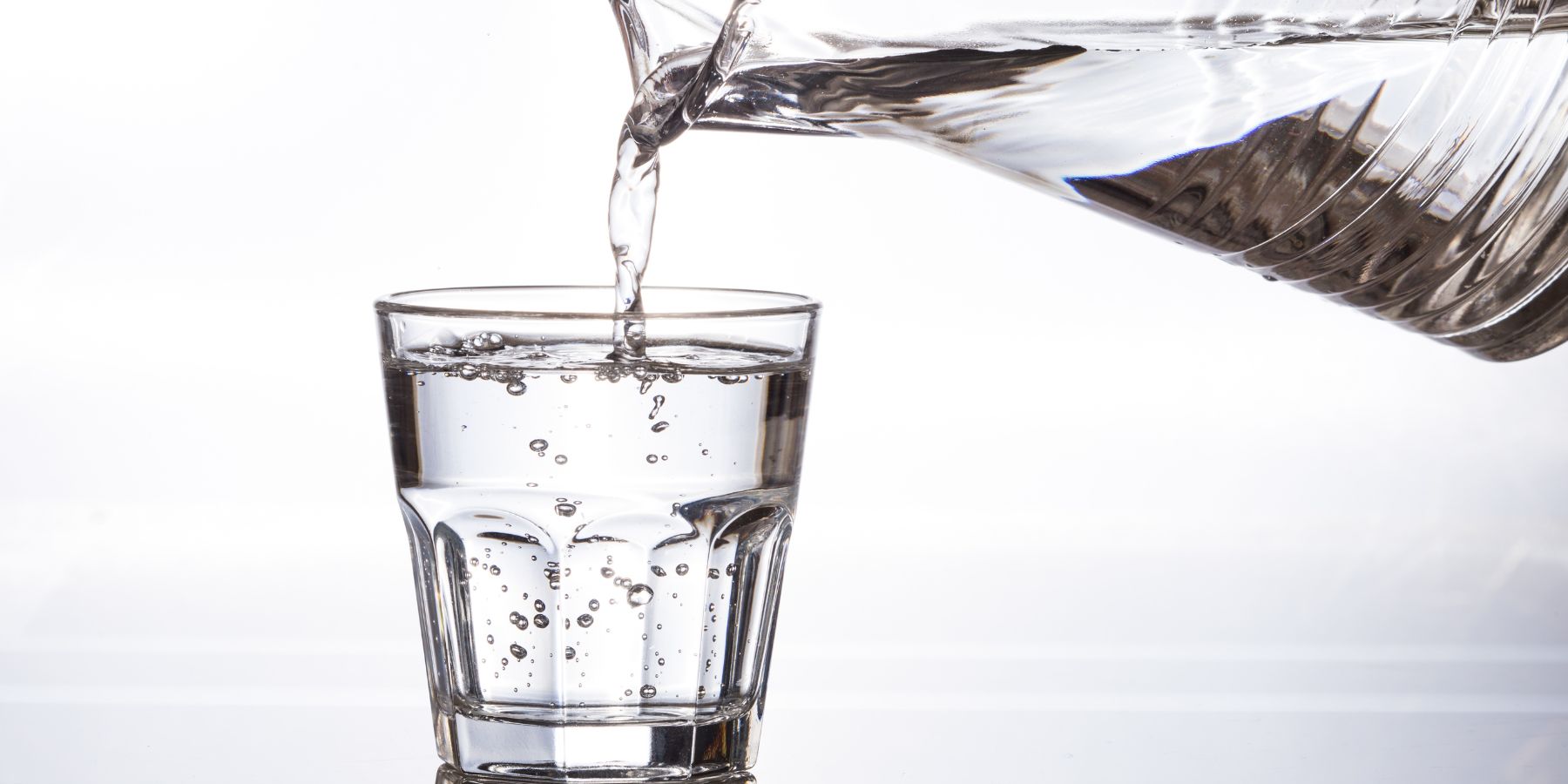Water is essential for life. It's a vital nutrient that plays a key role in maintaining our health and well-being. While we often hear about the importance of staying hydrated, there's less discussion about the potential risks of drinking too much water. In this article, we'll explore the concept of overhydration, its symptoms, risks, and how to maintain a healthy balance.
Understanding Hydration
Our bodies are made up of about 60% water. This water is crucial for various bodily functions, including digestion, circulation, temperature regulation, and waste removal. Typically, health guidelines suggest drinking about 8 glasses of water a day, which roughly equates to 2 liters. However, this is a generalized recommendation and individual needs may vary.
How Much Water Do We Really Need?
The amount of water a person needs can vary based on several factors such as age, weight, climate, and physical activity level. For instance, athletes or people living in hot climates may need more water. Similarly, certain health conditions and medications can affect hydration needs. The key is to listen to your body and drink water according to your personal needs.
The Concept of Overhydration
Overhydration, or water intoxication, occurs when you drink more water than your kidneys can remove through urine. This can lead to an imbalance in electrolytes, especially sodium, which can be dangerous. A common question is, how much is 2 liters of water in terms of what we should drink daily? While 2 liters might be a baseline for many, drinking well beyond this amount without adequate need could lead to overhydration.
Symptoms and Risks of Overhydration
Symptoms of overhydration can include nausea, headache, confusion, and in severe cases, seizures or coma. This condition can occur when a person drinks a large amount of water in a short period, especially during endurance sports, or if they have certain medical conditions affecting kidney function.
Preventing Overhydration
To prevent overhydration, it's important not to force yourself to drink more water than you feel you need. Athletes and those engaging in prolonged physical activities should balance water intake with electrolyte-rich drinks. People with kidney or heart problems should follow their doctor's recommendations on water intake.
Staying Hydrated Safely
Listen to Your Body: Drink when you're thirsty and stop when you're no longer thirsty.
Check Your Urine: Clear or light yellow urine is a good indicator of proper hydration.
Balance during Physical Activities: For intense exercise, consider drinks that replenish electrolytes.
Consider Dietary Sources: Remember that foods like fruits and vegetables also contribute to hydration.
Monitor During Illness: Increase fluid intake if you have fever, vomiting, or diarrhea.
FAQs
Q: How can I tell if I'm drinking enough water?
A: Check the color of your urine. If it's clear or light yellow, you're likely well-hydrated.
Q: Can drinking a lot of water help in weight loss?
A: While water can aid in feeling full and may support weight loss efforts, it's not a magic solution. A balanced diet and exercise are crucial.
Q: Are there certain times when I should drink more water?
A: Yes, in hot weather, during and after exercise, if you are ill, or if you're pregnant or breastfeeding, you may need more water.
In conclusion, while maintaining hydration is essential for health, it's equally important to be aware of the risks of overhydration. By understanding your body's needs and responding appropriately, you can ensure that you're getting the right amount of water for optimal health.


